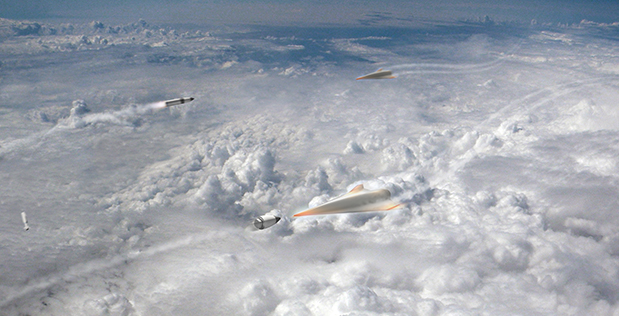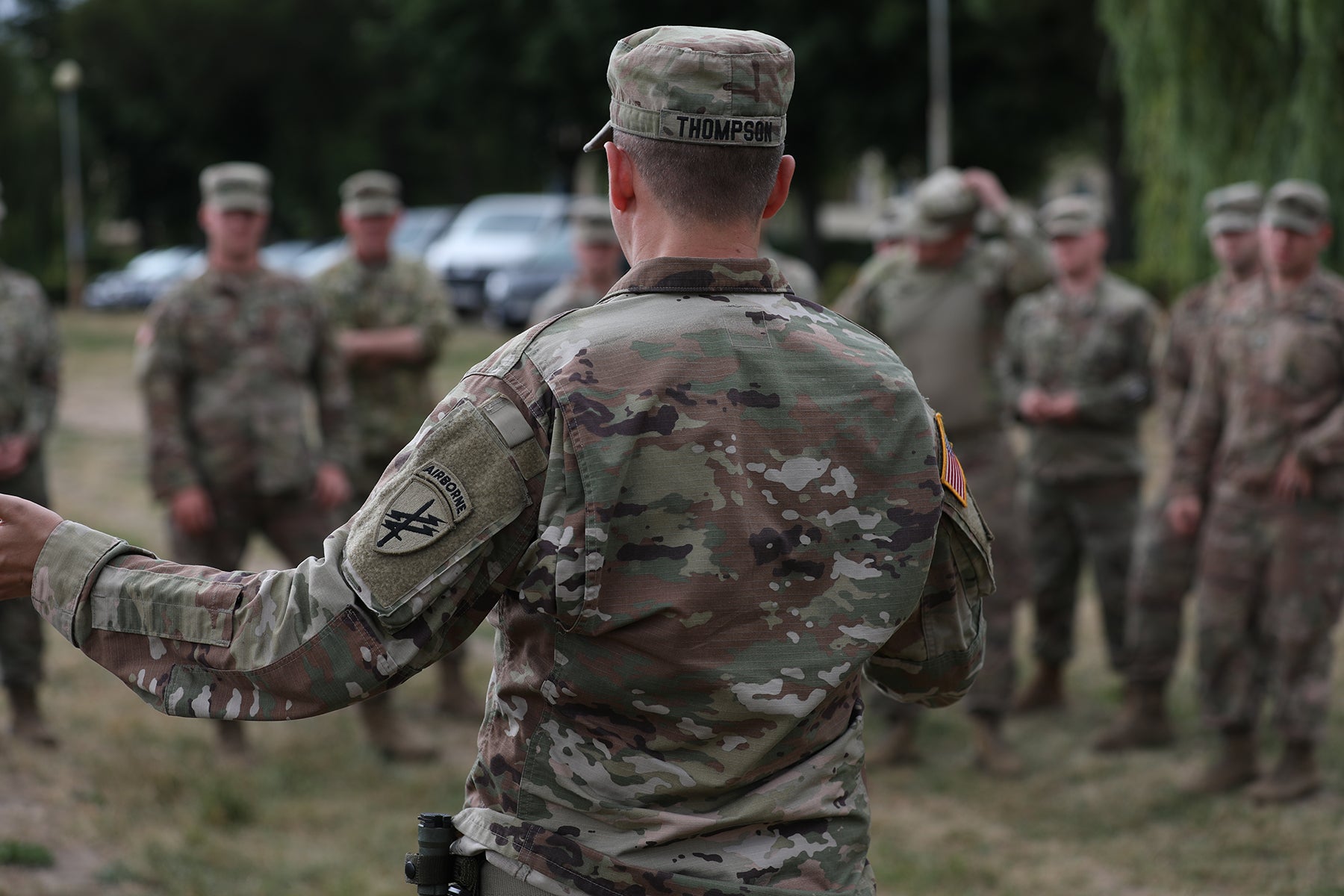Simon Henderson
Growing tensions between the two allies have both Islamic and nuclear angles.
 On August 17, Pakistani army chief Gen. Qamar Javed Bajwa visited Saudi Arabia to meet with Deputy Defense Minister Khalid bin Salman, younger brother to the kingdom’s de facto ruler Crown Prince Muhammad bin Salman (aka MbS). The trip came at a time of growing Pakistani friction with Riyadh—historically perhaps its closest ally—regarding the fate of Kashmir, the divided and disputed Muslim-majority region that has locked Islamabad in bitter conflict with India for decades.
On August 17, Pakistani army chief Gen. Qamar Javed Bajwa visited Saudi Arabia to meet with Deputy Defense Minister Khalid bin Salman, younger brother to the kingdom’s de facto ruler Crown Prince Muhammad bin Salman (aka MbS). The trip came at a time of growing Pakistani friction with Riyadh—historically perhaps its closest ally—regarding the fate of Kashmir, the divided and disputed Muslim-majority region that has locked Islamabad in bitter conflict with India for decades.
Indeed, the issue has split much of the Islamic world for months now. Last December, Malaysia organized a conference with Kashmir on the agenda. Given the subject matter and attendance list—which included Saudi rivals Iran and Turkey—Riyadh pressured Pakistan to withdraw, which it did at the last moment even though it had been one of the meeting’s prime backers.
Then, earlier this month—the first anniversary of New Delhi’s decision to forcefully suspend much of the autonomy formerly held by Indian Kashmir—Pakistani foreign minister Shah Mahmood Qureshi demanded that the Saudi-based Organization of Islamic Cooperation call for a ministerial meeting on Kashmir, suggesting that otherwise Pakistan would hold its own meeting. This and other posturing prompted Riyadh to freeze the $3.2 billion oil credit facility it had previously granted to Islamabad and insist that the country pay back parts of a $3 billion loan early.


/65.11717956250004,33.701800898491875,4/421x337.png?access_token=pk.eyJ1IjoiZGFsdG9ud2IiLCJhIjoiOWdSSXFQSSJ9.HZyjh4g3TAAOAncwelv9Vw)












